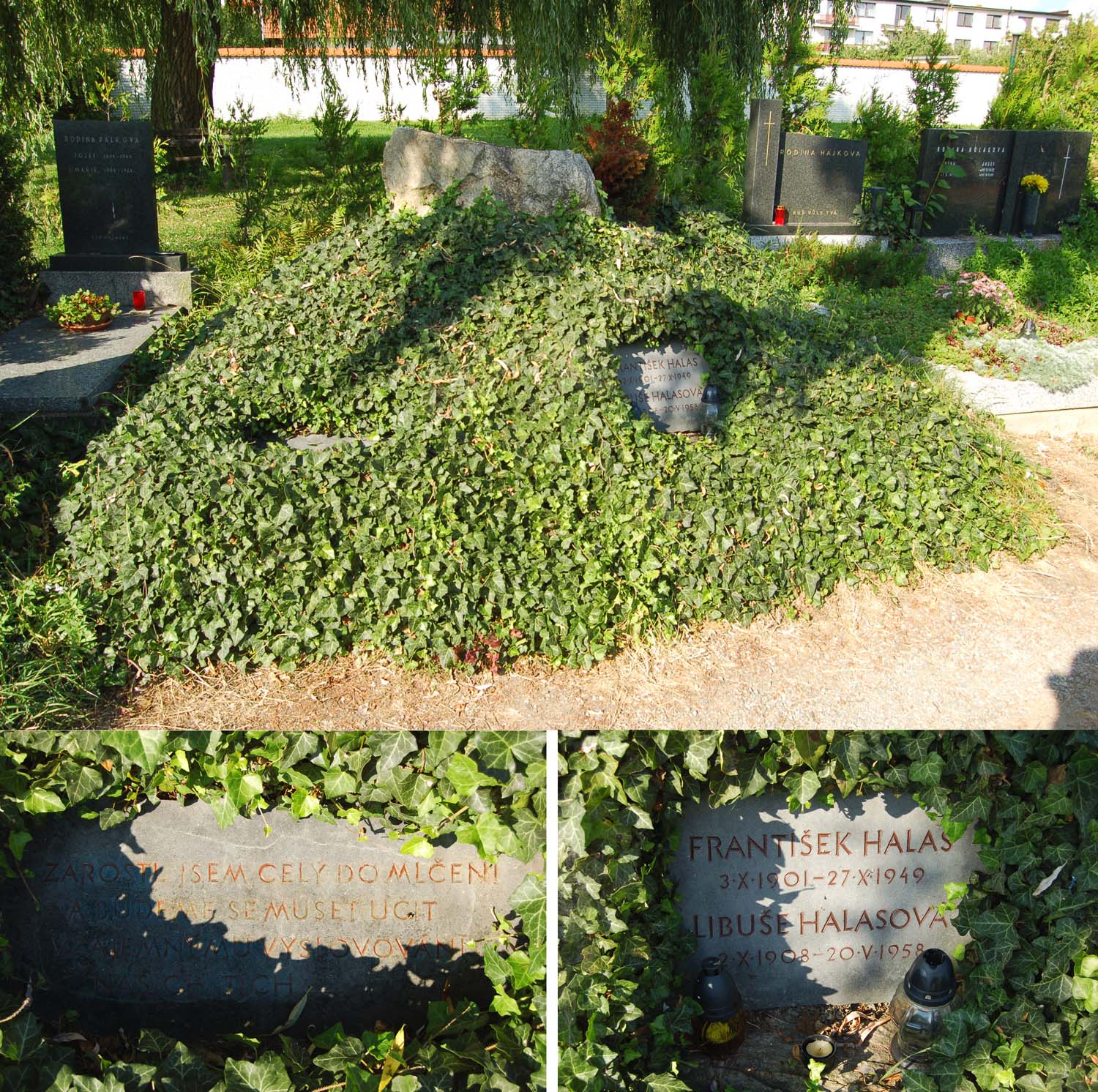František Halas on:
[Wikipedia]
[Google]
[Amazon]
 František Halas (3 October 1901 in
František Halas (3 October 1901 in
Biography
1901 births 1949 deaths Writers from Brno People from the Margraviate of Moravia Communist Party of Czechoslovakia politicians Members of the Interim National Assembly of Czechoslovakia Czech communists Czech poets Czech male poets Surrealist poets Czech surrealist writers Czech translators 20th-century translators 20th-century Czech poets Communist poets Recipients of the Order of Tomáš Garrigue Masaryk {{CzechRepublic-writer-stub
Brno
Brno ( , ; german: Brünn ) is a city in the South Moravian Region of the Czech Republic. Located at the confluence of the Svitava and Svratka rivers, Brno has about 380,000 inhabitants, making it the second-largest city in the Czech Republic ...
– 27 October 1949 in Prague
Prague ( ; cs, Praha ; german: Prag, ; la, Praga) is the capital and largest city in the Czech Republic, and the historical capital of Bohemia. On the Vltava river, Prague is home to about 1.3 million people. The city has a temperate ...
) was one of the most significant Czech
Czech may refer to:
* Anything from or related to the Czech Republic, a country in Europe
** Czech language
** Czechs, the people of the area
** Czech culture
** Czech cuisine
* One of three mythical brothers, Lech, Czech, and Rus'
Places
*Czech, ...
lyric poets of the 20th century, an essayist
An essay is, generally, a piece of writing that gives the author's own argument, but the definition is vague, overlapping with those of a letter, a paper, an article, a pamphlet, and a short story. Essays have been sub-classified as formal a ...
, and a translator
Translation is the communication of the Meaning (linguistic), meaning of a #Source and target languages, source-language text by means of an Dynamic and formal equivalence, equivalent #Source and target languages, target-language text. The ...
.
Life
Born as the son of textile worker, Halas worked as bookseller. He was self-taught, without higher education. After 1921 he started publishing in thecommunist
Communism (from Latin la, communis, lit=common, universal, label=none) is a far-left sociopolitical, philosophical, and economic ideology and current within the socialist movement whose goal is the establishment of a communist society, a s ...
newspapers ''Rovnost'' and ''Sršatec'', and in 1926 he became an editor at the Prague publishing house Orbis. During World War II
World War II or the Second World War, often abbreviated as WWII or WW2, was a world war that lasted from 1939 to 1945. It involved the vast majority of the world's countries—including all of the great powers—forming two opposin ...
he was active in the resistance movement
A resistance movement is an organized effort by some portion of the civil population of a country to withstand the legally established government or an occupying power and to disrupt civil order and stability. It may seek to achieve its objective ...
, and after 1945 he was engaged at the Ministry of Information.
Work
poetry: *''Sepie'' (1927) *''Kohout plaší smrt'' (1930) *''Tvář'' (1931) *''Hořec'' (1933) *''Dělnice'' (1934) *''Staré ženy'' (1935) *''Dokořán'' (1936) *''Torzo naděje'' (1938) *''Naše paní Božena Němcová'' (1940) *''Ladění'' (1942) *''Já se tam vrátím'' (1947) *''V řadě'' (1948)References
*Bohuš Balajka: ''Přehledné dějiny literatury II.'' Prague: Fortuna, 2005.External links
Biography
1901 births 1949 deaths Writers from Brno People from the Margraviate of Moravia Communist Party of Czechoslovakia politicians Members of the Interim National Assembly of Czechoslovakia Czech communists Czech poets Czech male poets Surrealist poets Czech surrealist writers Czech translators 20th-century translators 20th-century Czech poets Communist poets Recipients of the Order of Tomáš Garrigue Masaryk {{CzechRepublic-writer-stub